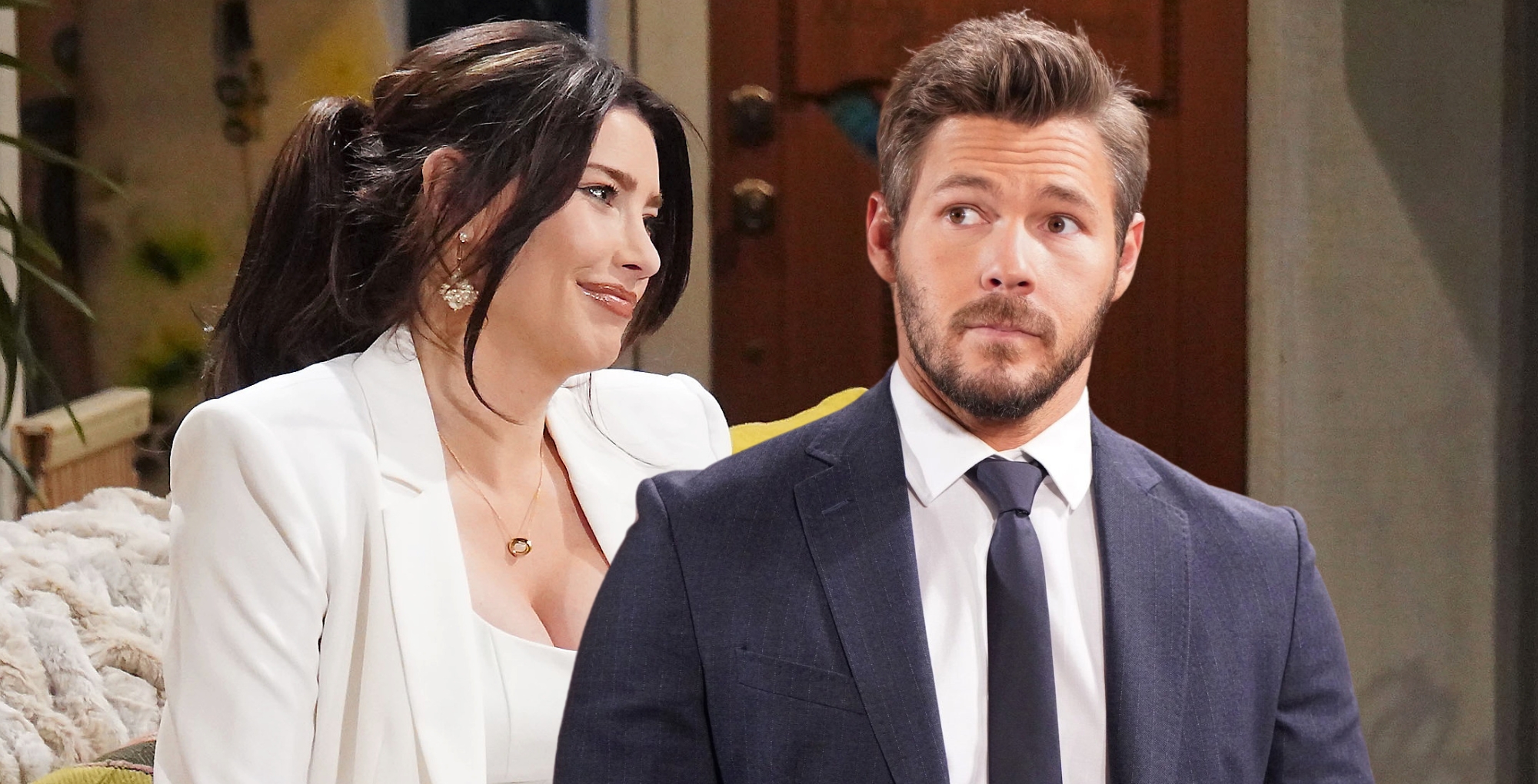Double Trouble In Hollywood: Writers And Actors Strike Impacts Production

Table of Contents
The Core Issues Fueling the Strikes
The strikes aren't simply about money; they represent a fight for fair working conditions, equitable compensation, and the preservation of creative control in an evolving entertainment landscape.
Fair Compensation and Residuals in the Streaming Era
The rise of streaming platforms has fundamentally altered the economics of film and television. Traditional models of compensation, particularly concerning streaming residuals, are no longer adequate. The shift to subscription-based models has significantly reduced actor's pay and writer's pay, particularly for those whose work is licensed to streaming services. The lack of transparency surrounding streaming viewership data further exacerbates this problem, making it difficult for writers and actors to negotiate fair wages and understand the true value of their contributions.
- Lack of Transparency: Studios often refuse to share detailed streaming viewership data, hindering negotiations for fair streaming compensation.
- Dwindling Residuals: The value of residual payments has plummeted in the streaming era, drastically impacting the long-term income of writers and actors.
- Demand for Fairer Profit-Sharing: Unions are demanding a more equitable share of profits from streaming platforms, reflecting the significant revenue these platforms generate.
AI and its Threat to Creative Professionals
The increasing use of artificial intelligence in entertainment presents a significant threat to the livelihoods of writers and actors. Concerns surrounding AI rights are central to the strikes. The potential for AI to generate scripts and even create digital performances raises anxieties about job displacement and the devaluation of human creativity. The use of AI in performance capture and other areas also presents ethical and legal challenges.
- Job Displacement: AI tools threaten to automate certain aspects of scriptwriting and performance, leading to job losses for writers and actors.
- Devaluation of Human Creativity: The use of AI raises concerns that human creativity will be undervalued and replaced by cheaper AI-generated content.
- Need for Safeguards: Unions are demanding clear guidelines and regulations to protect creative professionals from the negative impacts of AI. This includes establishing AI rights and ensuring proper compensation when AI is used to enhance or replace human creative work.
Working Conditions and Power Dynamics
The entertainment industry is notorious for demanding working conditions. Writers and actors often face long hours, intense pressure, and a lack of job security. The strikes highlight the significant imbalance of power between studios and creative talent, with studios often wielding disproportionate influence over contracts and working conditions. This struggle reflects a broader push for fair working hours and an end to industry exploitation.
- Long Hours and Intense Pressure: The relentless demands placed on writers and actors often lead to burnout and compromise their well-being.
- Lack of Job Security: The nature of the industry often leaves creative professionals vulnerable, facing periods of unemployment and uncertainty.
- Imbalance of Power: The strikes represent an attempt to level the playing field and give creative professionals a stronger voice in negotiating fair contracts and working conditions. Concerns around actor exploitation and writer exploitation are central to the unions' demands for reform.
The Impact on Film and Television Production
The simultaneous strikes have had a devastating impact on the entertainment industry, causing significant disruption and financial losses.
Halted Production and Delayed Releases
The strikes have resulted in a near-total shutdown of Hollywood production. Numerous film and television projects have been indefinitely postponed, leading to significant movie production delays and TV show delays. This production standstill affects every stage of production, from pre-production to post-production.
- Postponed Projects: Major studio productions, independent films, and television series have all been impacted, facing indefinite delays.
- Production Shutdowns: Sets have been closed, crews have been laid off, and productions have been halted, creating widespread unemployment.
Financial Losses for Studios and Related Industries
The Hollywood strike economic impact is substantial. Studios are facing significant financial losses in Hollywood, impacting their revenue from ticket sales, streaming subscriptions, and merchandise. The economic impact of strikes extends far beyond the studios themselves.
- Revenue Losses: Studios are losing substantial revenue due to delayed releases and the inability to generate new content.
- Investor Concerns: The prolonged strike is causing concern among investors, impacting stock prices and overall market confidence.
Ripple Effects on Related Sectors
The impact extends to numerous related industries, creating a domino effect. Sectors such as catering, transportation, and post-production are experiencing significant job losses and financial hardship due to the Hollywood strike ripple effect. This emphasizes the far-reaching consequences of the economic domino effect caused by the strikes.
- Support Industries Affected: Businesses reliant on the entertainment industry, including those providing services on film sets, are experiencing significant financial losses.
- Widespread Unemployment: The halt in production has led to widespread job losses across various related sectors.
Potential Resolutions and the Future of Hollywood
The ongoing negotiations between the unions and the studios are critical for determining the future of the entertainment industry.
Negotiating a Fair Deal
The Hollywood strike negotiations between the unions and the Alliance of Motion Picture and Television Producers (AMPTP) are complex, with several key sticking points. Achieving a fair deal requires addressing fair compensation, working conditions, and the impact of artificial intelligence. Successful contract negotiations will hinge on the willingness of both sides to compromise and find common ground.
- Key Sticking Points: Negotiations center around issues such as streaming residuals, AI rights, minimum wages, and working hours.
- Potential Compromise Solutions: Finding solutions requires creative approaches that address the concerns of both creative professionals and studio executives.
The Long-Term Implications for the Industry
The long-term impacts of strikes could reshape the entertainment industry. This industry transformation might lead to greater transparency in streaming revenue, improved working conditions, and a shift in the balance of power between studios and creative talent. The future of Hollywood depends largely on the outcome of these strikes.
- Increased Union Power: Successful strikes can enhance union power and influence, allowing for greater negotiation leverage in future contracts.
- New Production Models: The strikes could incentivize the development of more sustainable and equitable models of film and television production.
Conclusion
The simultaneous strikes by the WGA and SAG-AFTRA represent a pivotal moment for Hollywood. The "double trouble" facing the industry extends far beyond immediate financial concerns, impacting the very essence of creative work in the digital age. The outcome of these strikes will significantly shape the future of Hollywood. It's imperative to stay informed about the ongoing negotiations and support the pursuit of fair compensation, improved working conditions, and a fairer industry for all creative professionals. Continue following for updates on the continuing effects of this "double trouble" in Hollywood, and remember to support fair wages and working conditions for all creative professionals.

Featured Posts
-
 Why Is The Canadian Dollar Falling Despite Its Rise Against The Greenback
Apr 24, 2025
Why Is The Canadian Dollar Falling Despite Its Rise Against The Greenback
Apr 24, 2025 -
 Increased Investment In Chinese Stocks Listed In Hong Kong
Apr 24, 2025
Increased Investment In Chinese Stocks Listed In Hong Kong
Apr 24, 2025 -
 John Travolta Addresses Candid Bedroom Photo Shared From 3 M Home
Apr 24, 2025
John Travolta Addresses Candid Bedroom Photo Shared From 3 M Home
Apr 24, 2025 -
 Emerging Market Stock Rebound Overcoming Losses While Us Stocks Struggle
Apr 24, 2025
Emerging Market Stock Rebound Overcoming Losses While Us Stocks Struggle
Apr 24, 2025 -
 Bold And The Beautiful Liam And Steffys Future Hopes Double Trouble Lunas Game Plan
Apr 24, 2025
Bold And The Beautiful Liam And Steffys Future Hopes Double Trouble Lunas Game Plan
Apr 24, 2025
